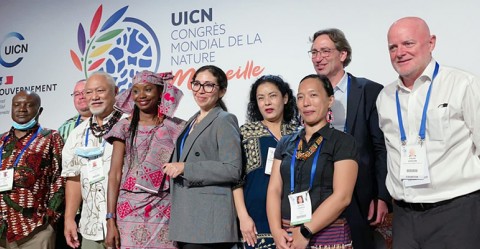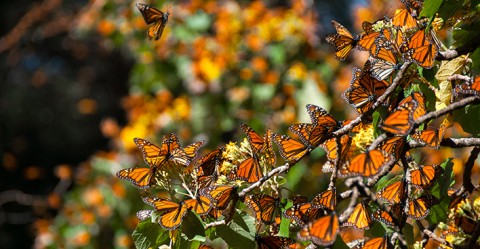
Indigenous Knowledge and Biodiversity
bd_links1.jpg

The recognition that local and indigenous people have their own ecological understandings, conservation practices and resource management goals has important implications. It transforms the relationship between biodiversity managers and local communities. While previously they were perceived simply as resource users, indigenous people are now recognised as essential partners in environmental management.
However, differences between scientific and indigenous worldviews continue to create barriers to meaningful collaboration, as does the widespread assumption that science is superior to other knowledge systems.
LINKS works on a number of processes and projects relating to indigenous and local knowledge and biodiversity, including supporting the Intergovernmental Platform on Biodiversity and Ecosystem Services (IPBES) and the Convention on Biological Diversity (CBD). We also have projects in Latin America, the Pacific, and Asia.
News
- 1 of 5
- next ›
Latest publications
- 1 of 2
- next ›








